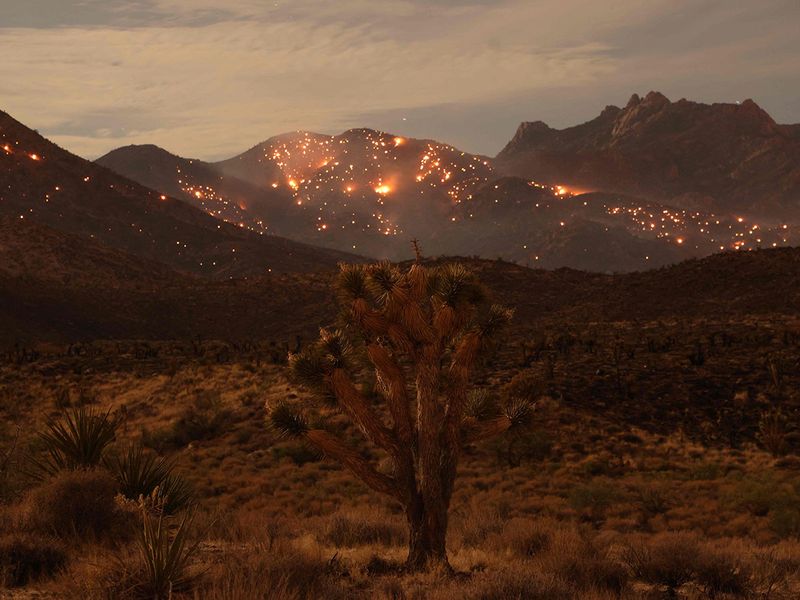Its now official. 2023 was the hottest year on record, and likely the world’s warmest in the last 100,000 years, driven largely by climate change.
According to the EU’s climate change service, 2023 saw “unprecedented global temperatures from June onwards” which lead it to become “the warmest year on record — overtaking by a large margin 2016, the previous warmest year”.
On an average, the planet was around 1.48C warmer than the pre industrial levels from 1850-1900 after which humans began burning large amounts of fossil fuels and releasing carbon dioxide into the atmosphere. Sea temperatures are also at an all time high.
Samantha Burgess, Deputy Director of the EU’s Copernicus Climate Change Service said, “2023 was an exceptional year with climate records tumbling like dominoes. Not only is 2023 the warmest year on record, it is also the first year with all days over 1°C warmer than the pre-industrial period. Temperatures during 2023 likely exceed those of any period in at least the last 100,000 years.”
A meaningless goal
Scientists say the main reasons for this are human driven climate change along with a natural phenomenon called El Niño, in which warmer surface waters in the Pacific Ocean release heat into the atmosphere.
The evidence of this was clear for all of us to see last year. Europe had another summer of scorching heat, well over 40C in several places. Wildfires engulfed Greece, Canada while record high temperatures were seen in large parts of the US, Brazil and China. Extreme flooding killed thousands in Libya.
As I write this column, newspaper reports from the US and Europe have been full of stories of a lack of snow in ski resorts, people wearing T-shirts in parts of America that would normally have been in a deep freeze. My hometown in Kashmir has not seen any snow so far this season and the ski resort of Gulmarg is green.
London had an unusually mild Christmas, then heavy rain, flooding in large parts of the UK, which was then followed suddenly by plummeting temperatures and freezing cold.
What is particularly scary is that the rise in temperatures in close to the targets set by countries to limit global warming in the long term to 1.5C, under the 2015 Paris Agreement, to avoid the worst consequences of rising temperatures. If greenhouse gas emissions continue at this rate, this goal will be meaningless in only a few years.

2024 could be warmer than 2023
Even though the temperatures would have to be consistently above this target for it to be considered a breach, the warning signs are all there.
The threat is climate change is no longer something we have think about for the next generation. It is a real and present danger now. But will the latest data shake countries out of their relative slumber?
Only two months ago, world leaders met for the COP28 climate summit and for the first time agreed to tackle fossil fuels, the main cause of climate change. With no binding obligations, it means little. And scientists warn that 2024 could be warmer than 2023.
Greenhouse gas emissions
Reuters news agency spoke to Hayley Fowler, Professor of Climate Change at Newcastle University, who said, “the speed of change in the political world and the will to actually reduce greenhouse gas emissions is not matching the speed of change of extreme weather and warming”. Scientists are still trying to determine if global warming is happening much faster then we had thought.
The consequences of climate change are upon us. It affects our daily lives and our economies. From floods to droughts, no one has been spared.
Dr Friederike Otto, senior lecturer in climate science at Imperial College London, said: “Every tenth of a degree matters. Even if we end up at 1.6C instead [of 1.5C, it will be so much better than giving up and not trying, and ending up close to 3C, which is where current policies would bring us to.”
The only way to do that is to move away from fossil fuels as quickly as possible.











